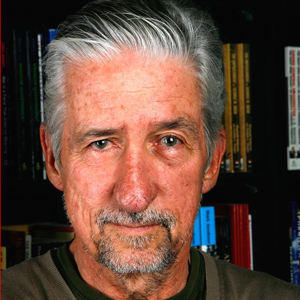J Street Opposes Palestine’s UN Bid; US Increasingly Isolated J Street Opposes Palestine’s UN Bid; US Increasingly Isolated
The group's decision means there is virtually no dissent from the intransigent position of AIPAC.
Sep 16, 2011 / Tom Hayden
White House vs. Military Over the Iraq Endgame White House vs. Military Over the Iraq Endgame
The neocons, with strong support in Congress and the Pentagon, are fighting a rear-guard battle to extend a major US troop presence beyond this year. Can the peace movement head th...
Sep 8, 2011 / Tom Hayden
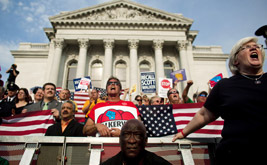
Cheese, Brats, Beer, Polka, Unions! The Homegrown Revolution in Wisconsin Cheese, Brats, Beer, Polka, Unions! The Homegrown Revolution in Wisconsin
The forces fighting against Gov. Scott Walker’s anti-union agenda are halting the Tea Party’s momentum. Will President Obama stand with them?
Sep 1, 2011 / Tom Hayden
In Decrying Obama’s Centrism, Drew Westen Ignores Role of Race In Decrying Obama’s Centrism, Drew Westen Ignores Role of Race
Why has Obama been cautious in arguing for what’s right? Westen misses the profound impact of race-based attacks on the president.
Aug 9, 2011 / Tom Hayden
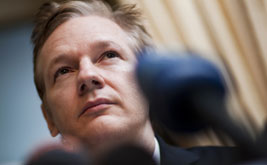
The Trials of Julian Assange: A View From Sweden The Trials of Julian Assange: A View From Sweden
The WikiLeaks editor is not only fighting extradition in the sexual assault case. He’s also worried about potential conspiracy charges by a grand jury in Virginia.
Jul 7, 2011 / Tom Hayden
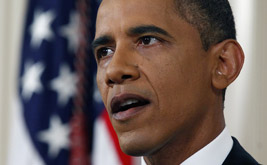
Obama Quickens Afghan Withdrawal in Face of Pressure for Peace Obama Quickens Afghan Withdrawal in Face of Pressure for Peace
The president's announcement that 33,000 troops will leave Afghanistan within a year is a major win for the peace movement. So why are some snatching defeat from the jaws of victor...
Jun 23, 2011 / Tom Hayden
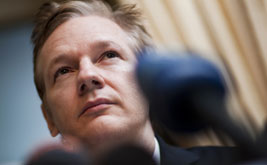
Julian Assange’s New Legal Strategy Julian Assange’s New Legal Strategy
The embattled WikiLeaks founder has hired two renowned human rights attorneys for his extradition hearing on the sexual assault case in Sweden.
Jun 22, 2011 / Tom Hayden
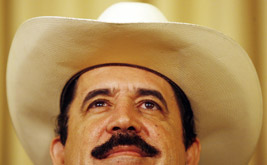
Zelaya to Return to Honduras Zelaya to Return to Honduras
Two years after being deposed in a military coup, former President Manuel Zelaya will return to his country Saturday morning, with his political rights, and those of the social mov...
May 27, 2011 / Tom Hayden
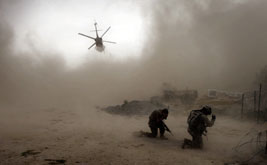
House Votes Today on Afghanistan Exit Plan House Votes Today on Afghanistan Exit Plan
One hundred seventy-eight House Democrats voted for Jim McGovern's measure to accelerate withdrawal from Afghanistan, sending a united antiwar Democratic message to the president.
May 26, 2011 / Tom Hayden
Obama Nears Key Decisions on Afghan Strategy Obama Nears Key Decisions on Afghan Strategy
President Obama is on the verge of deciding how many troops to pull out of Afghanistan starting this July—and whether he'll pull them all out by December. His second term res...
May 11, 2011 / Tom Hayden

